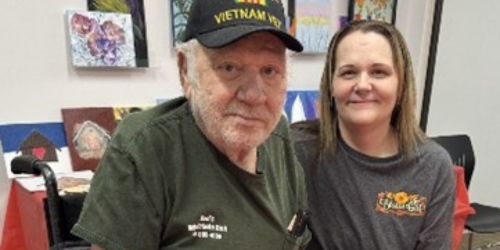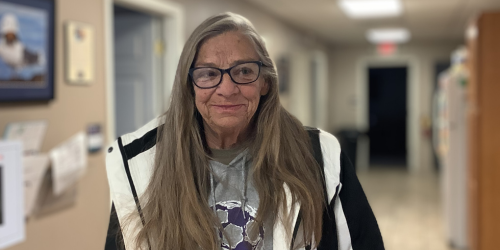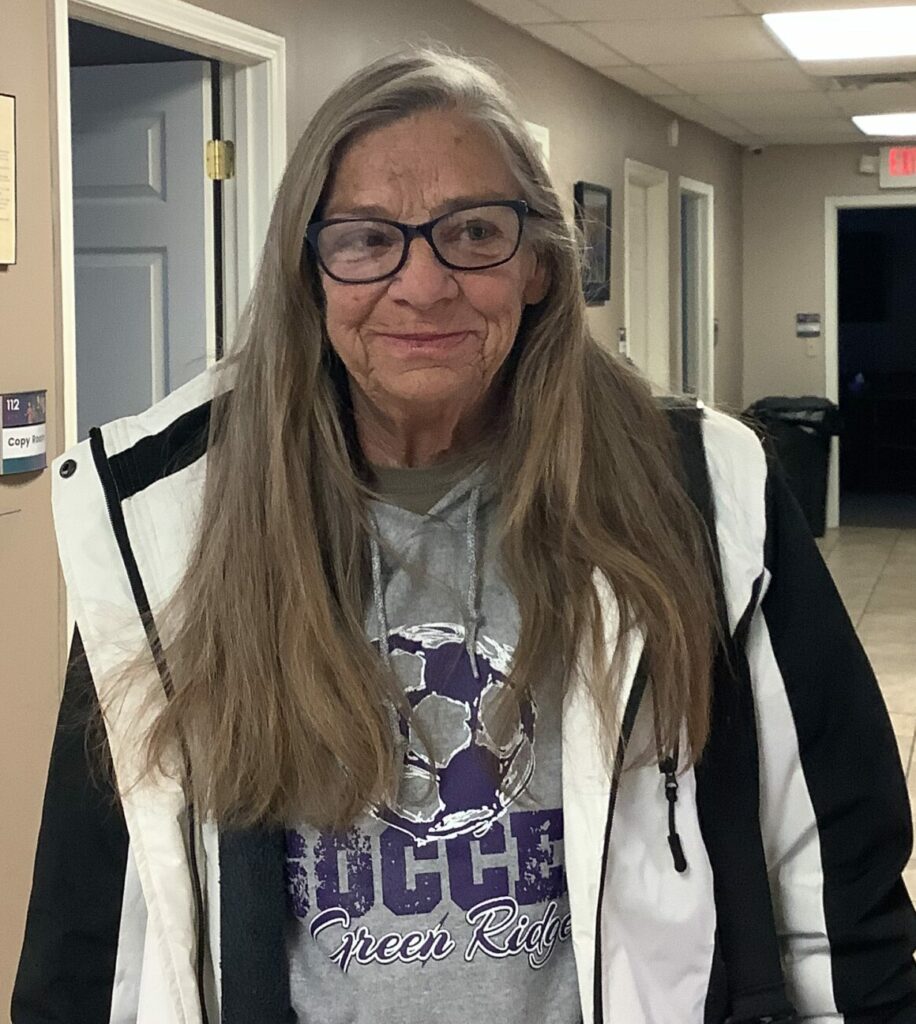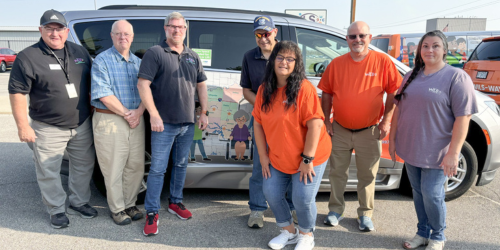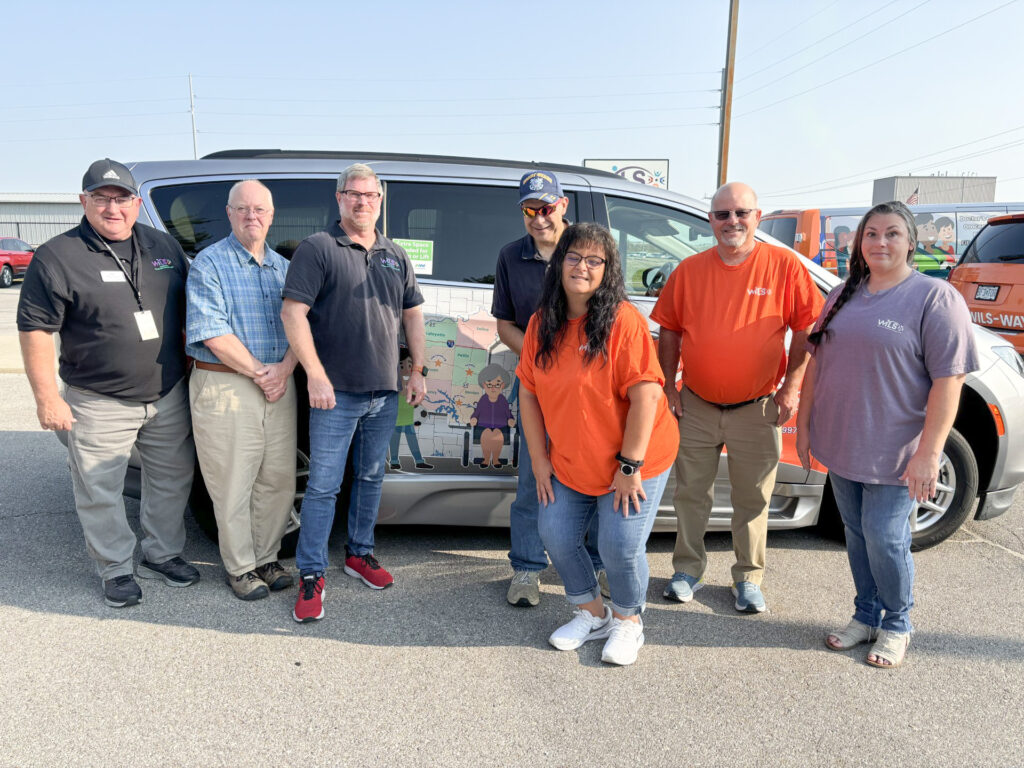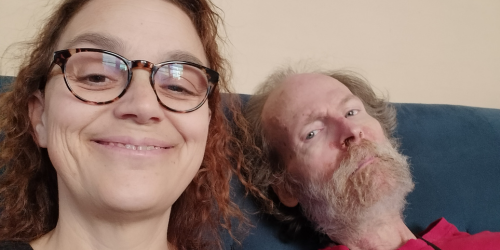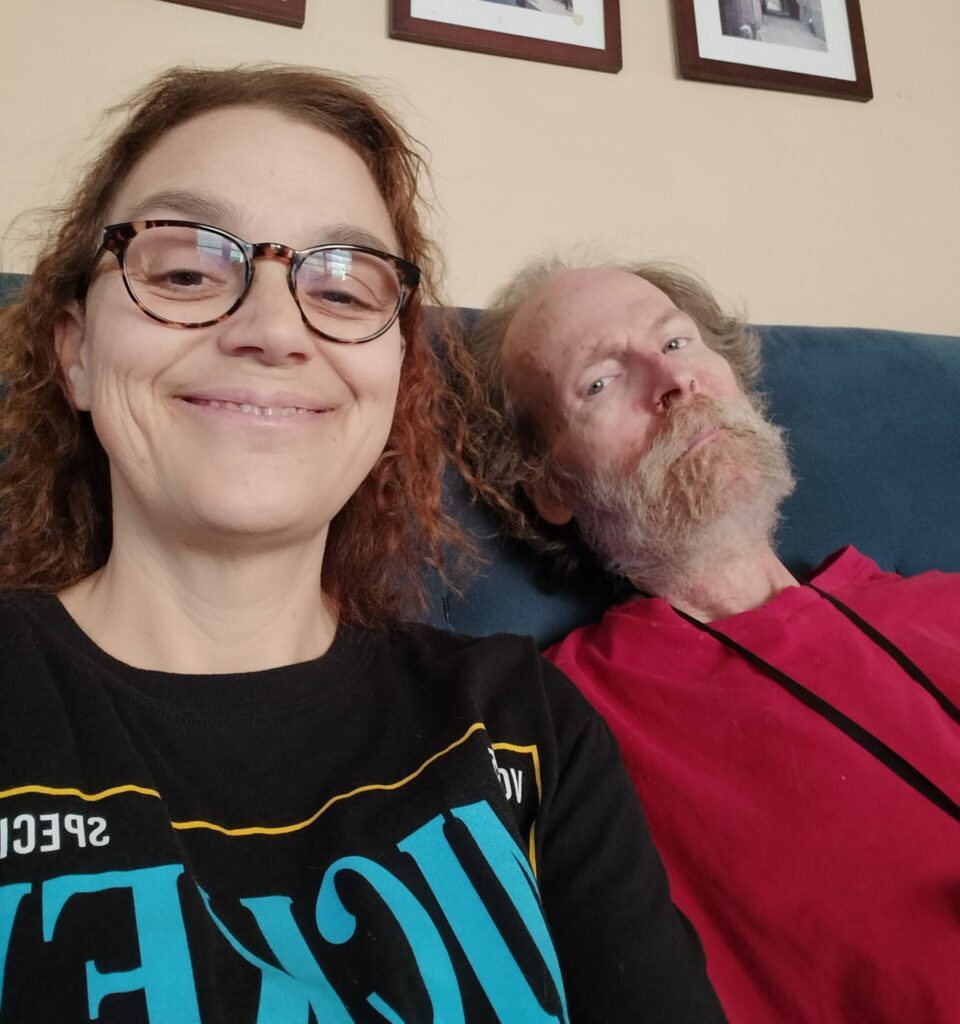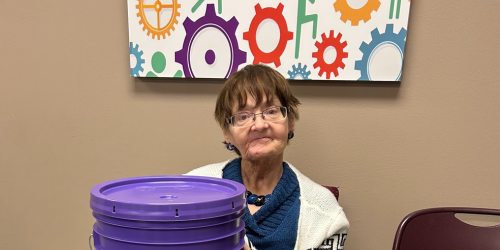Bud’s story of Support, Strength, and Staying Active
At 78 years old, Alfred, who proudly goes by “Bud”, lives in the quiet countryside of rural Henry County. Bud faces multiple disabilities, yet he remains determined to stay active and independent in his community. Thanks to the support he receives through WILS and the Veteran Directed Care (VDC) Program, Bud continues to live at home and do what he enjoys, traveling to Sam’s Club and browsing flea markets.
“Yes, I think it [the VDC program] works good, and I can keep living at home. I like to be able to go out and shop at Sam’s Club and get out of the house.”
Bud
His son and caregiver, Alfred Jr., echoed the sentiment, saying, “I don’t know what we would do without a program like this. He would most likely have to go to a nursing home. Mom has a health aide coming into the home also, and I think that’s why Dad likes to get out more and travel, too, because it’s hard on him seeing her like that. She had a 12-hour heart surgery, a five-way bypass, and has been different ever since.”
Bud’s family is deeply grateful for the VDC Program, which enables them to care for him at home while supporting his desire to remain engaged in his community. Bud rated his overall satisfaction with the program as “Very Satisfied.”
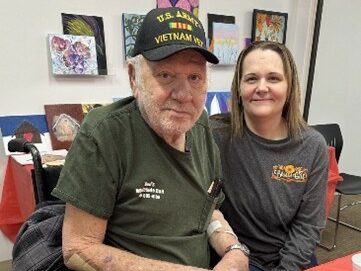
During a scheduled meeting at the Warrensburg WILS office, Bud’s daughter, visiting from Georgia, asked if there was a wheelchair available to help him safely enter the office, as he was unsteady on his feet that day. WILS staff provided a transport chair from their Assistive Technology (AT) Program, making it easier for his daughter to assist him.
Later in their meeting, Bud’s family mentioned their hope to go out to eat together—a rare opportunity due to Bud’s remote home location. Concerned about the logistics of getting Bud into and out of a restaurant, WILS offered to loan them the transport chair for a few months while they awaited a permanent wheelchair from the Veterans Administration (VA). Bud and his family were incredibly thankful for the assistance and agreed to share their story.
Recently, Bud’s son reached out to WILS with both bittersweet and hopeful news. Bud’s beloved wife had passed away, and the family was preparing to lay her to rest. At the same time, Bud had received his new wheelchair from the VA, and his son arranged to return the loaned transport chair to WILS.
Despite the challenges his family has faced, Bud continues to live at home, supported by his loved ones and the services he receives through WILS and the VDC Program. His story highlights the power of community resources in helping individuals with disabilities remain independent and connected to their communities.

